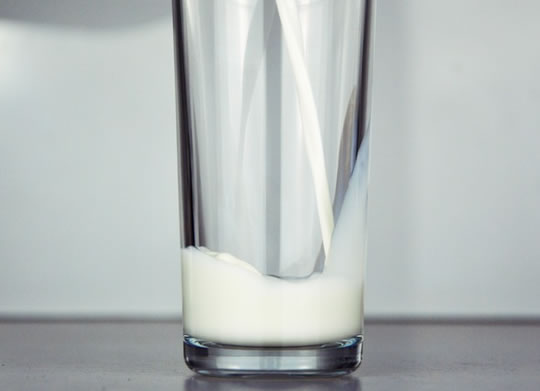Certain dairy products are associated with lower rates of depression.
People who consume low-fat dairy products are less likely to be depressed than those who prefer whole-fat.
The conclusions come from researchers in Japan and China.
They studied 1,159 Japanese adults aged between 19 and 83.
All were asked about their dairy consumption and levels of depression.
People who ate low-fat dairy between one and four times a week were less depressed, the results showed.
The benefits of dairy products could be down to trytophan, the study’s authors write:
“Dairy products may decrease the prevalence of depressive symptoms due to its beneficial contents, such as tryptophan, an essential amino acid.
Tryptophan can be converted into 5-hydroxytryphtophan (5-HTP) which is subsequently converted into the neurotransmitter serotonin.
Therefore, intake of tryptophan may improve depressive symptoms by increasing the level of serotonin in the brain. It has been confirmed that serotonin deficiency is causally related to depressive symptoms.”
Whole-fat milk consumption, though, was not linked to depressive symptoms.
It may be that the benefits of the tryptophan in milk were cancelled out by the trans-fatty acids.
Only milk and yogurt were measured in the study, not cheese and butter.
As ever with correlational studies — those that find an association between two factors — it is not strong evidence that low fat dairy causes lower depression.
There is still a link to be explained, though.
Some experts also recommend milk for brain health:
Milk consumption has been linked to higher levels of naturally-occurring antioxidants in the brain, a study finds.
Despite this, few Americans reach the recommended daily intake for this healthy brain food.
Professor Debra Sullivan, chair of dietetics at University of Kansas Medical Center, said:
“We have long thought of milk as being very important for your bones and very important for your muscles.
This study suggests that it could be important for your brain as well.”
The study was published in the journal Social Psychiatry and Psychiatric Epidemiology (Cui et al., 2017).

